- Wednesday, 4 March 2026
Misuse Of Mental Health Terms
In Kathmandu and other urban centres of Nepal, it has become increasingly common to hear young people use phrases like "I am so depressed" in everyday conversation. These expressions, often uttered in cafes or seen on social media, tend to describe fleeting moods rather than recognised medical conditions. This casual use of mental health terminology reflects a broader trend among Nepali youth, where complex psychological issues are frequently reduced to simple catchphrases, especially in the digital space.
Recent research highlights that nearly half of Nepali youth who use platforms such as Instagram and TikTok report symptoms of anxiety and depression, with more than a third experiencing these conditions. The rise of short-form content and influencer-driven narratives has contributed to the oversimplification of mental health issues. Terms like "obsessive-compulsive disorder (OCD)" are now commonly used to describe everyday habits, such as organising a bookshelf, rather than their clinical meanings. An analysis of one million social media posts by Oxford experts found that discussions about mental illness are about 14 per cent more likely to trivialise the subject compared to conversations about physical health. This tendency to equate serious mental health conditions with minor daily challenges diminishes the seriousness of these issues.
Nepal faces significant challenges in mental health care, with only one psychiatrist and one psychologist available for every one million people, according to the World Health Organisation. The scarcity of qualified professionals is compounded by the prevalence of unqualified wellness influencers on social media, who often offer unverified advice and promote viral catchphrases rather than evidence-based guidance.
Cultural factors further complicate the situation. Western diagnostic categories do not always align with traditional Nepali concepts of the mind and spirit. As a result, young people may adopt terms like "bipolar" without understanding their true meaning, while families may dismiss these conditions as passing trends. The Nepal Health Research Council reports that only a quarter of those diagnosed with mental health disorders receive treatment, in part because the casual use of terms like "depression" leads many to believe their symptoms are simply normal stress.
Another concern is the development of "illness identity," where online communities can romanticise mental health diagnoses and encourage young people to adopt these labels as part of their identity. Research from the University of Balamand suggests that this phenomenon can hinder genuine recovery, as authentic appeals for support are often lost amid a flood of superficial content.
Addressing these challenges requires a multifaceted approach. Strengthening online counselling protocols to ensure that only credentialed practitioners provide mental health support is essential. Integrating media literacy education in schools can help students critically assess the mental health information they encounter. Training community health workers to recognise warning signs is also crucial, given the shortage of mental health professionals. Finally, social media platforms should be encouraged to reduce sensationalist mental health content and promote accurate, evidence-based information.
Nepali youth have made important strides in breaking the silence around mental health. However, the casual misuse of mental health terminology risks trivialising serious conditions and impeding access to appropriate care. It is vital to channel this openness into informed dialogue and effective support, moving beyond superficial language to foster genuine understanding and treatment.





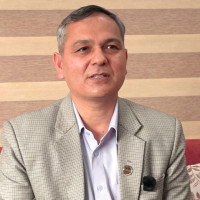
-original-thumb.jpg)
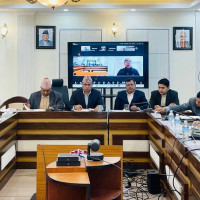
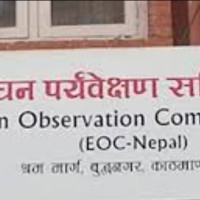

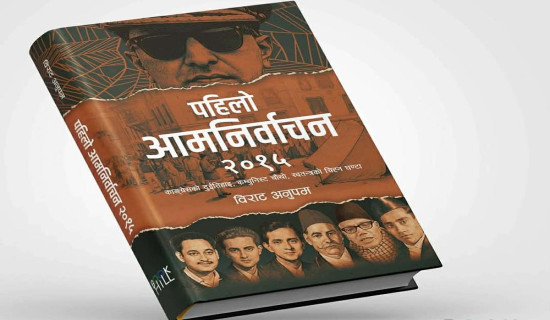
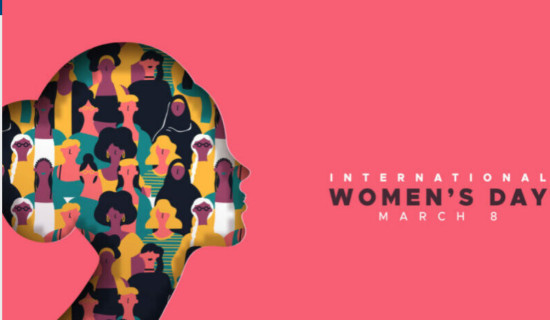


-original-thumb.jpg)
